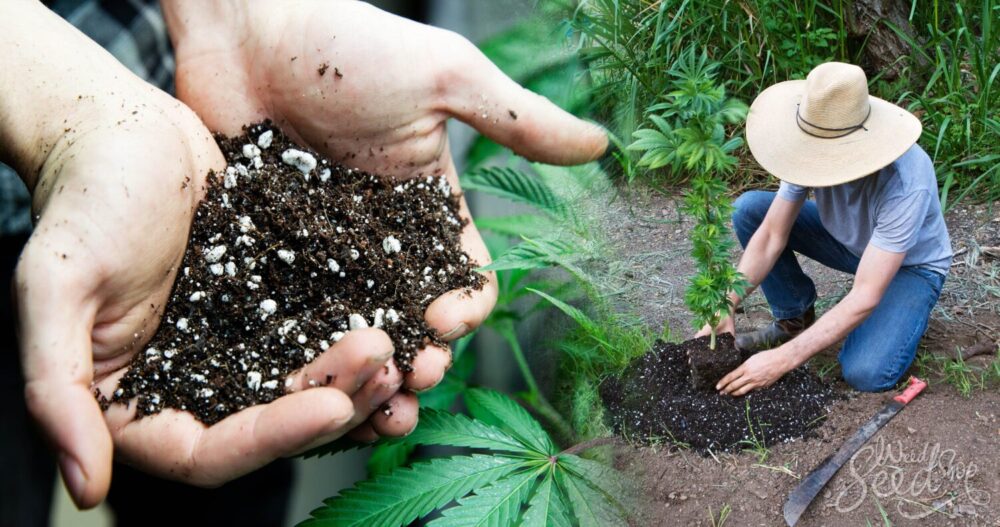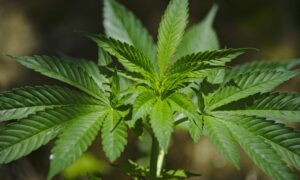Although hemp can be grown in a wide range of soils, it thrives in deep, loose soils that are rich in organic matter, on fertile loams, and have a pH between 6.0 and 7.5. In moist soils, hemp does not grow well. Choosing the right soil is important and needs to be taken care of. Wet soils can limit root and shoot growth, lower fiber quality, and cause uneven plant heights, making harvesting more difficult.
Clay soils present challenges due to excessive soil moisture and tillage challenges. To achieve the best yields, test your soil several months before planting and add lime and fertilizers as necessary. There are other things that should be considered, and further in this article, we will talk about things you need to know about the best soil for growing Cannabis.
6 Things To Know About The Best Soil For Growing Cannabis:
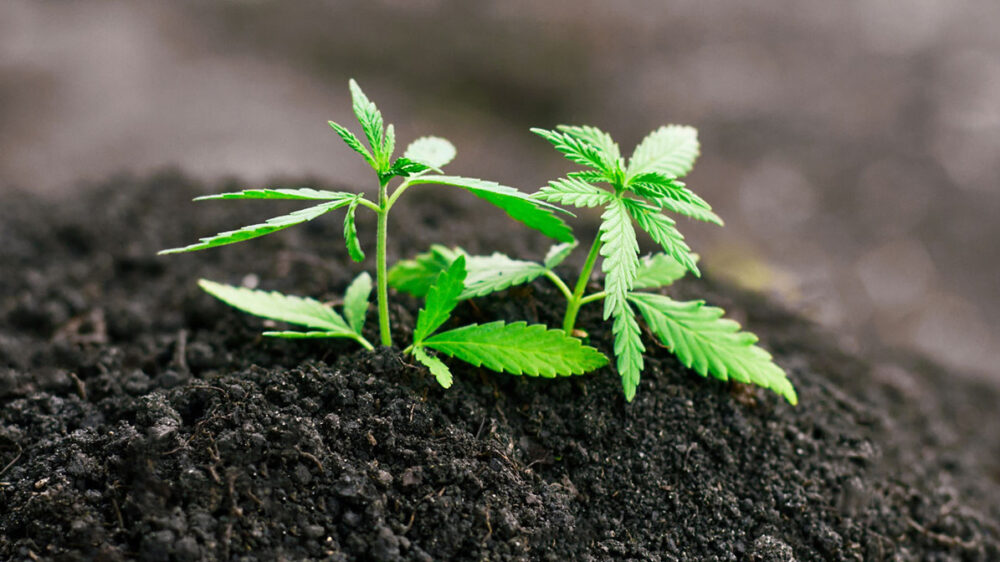
Source: dripworks.com
If you are planning to grow Cannabis on your own, there are several different factors and things you need to take care of to get the best results. If you are in search of finding the right source for growing Cannabis, then you must reach out to a reliable source that can provide you with premium quality Hemp plants for sale.
Further in this article, we will discuss some of the things to know about the best soil and how to choose it for your Cannabis.
1. Understanding Soil Composition:
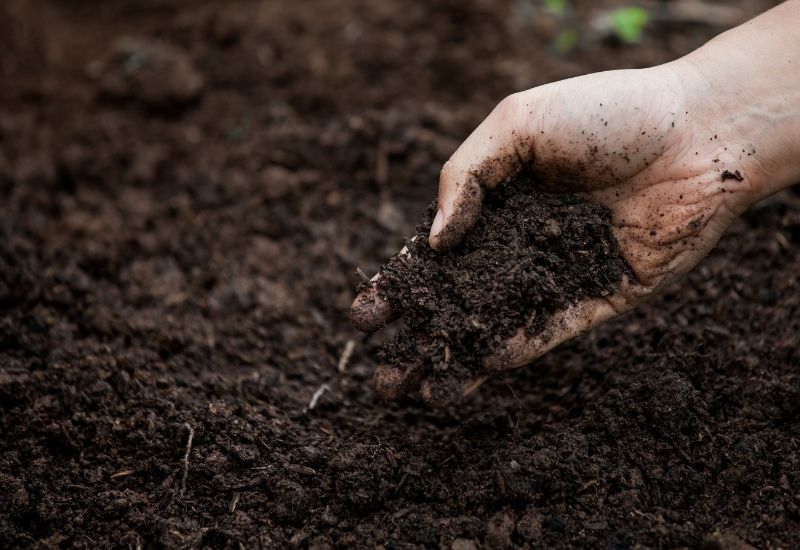
The key components of quality cannabis soil include organic matter, minerals, and microbial life. You have to know about the soil composition and what components must be present in the soil to make it best for the Cannabis to grow.
You can do some research and find out what sort of fertilizers are important to be present in the soil you will be using for the Cannabis. It should be fertile enough to ensure that the Cannabis gets the right nutrients for its growth.
Compost tea and other organic watering mixtures, such as molasses or feather meals, enhance soil quality and promote wholesome plant growth. They ensure that all the vitamins and nutrients can fulfill the soil composition of the Cannabis. With hydroponics or neutral mediums, you can provide pre-made nutrient blends that are the plant’s entire source of nutrition.
2. Balanced pH Levels:
Even though for the ph level, you should be very particular as it ensures that soil can form a favorable condition for the cannabis plant to grow. Like many other plants, Cannabis prefers slightly acidic soil. It can tolerate a wide pH range (5.0 — 7.0) without bronzing or interveinal chlorosis symptoms (yellowing of top leaves), but pH values outside the preferred range of 5.8 — 6.2 will restrict growth.
You should follow the ph level to ensure the healthy growth of the plant. The optimal pH range for cannabis cultivation and its impact on nutrient availability.
3. Nutrient Content:
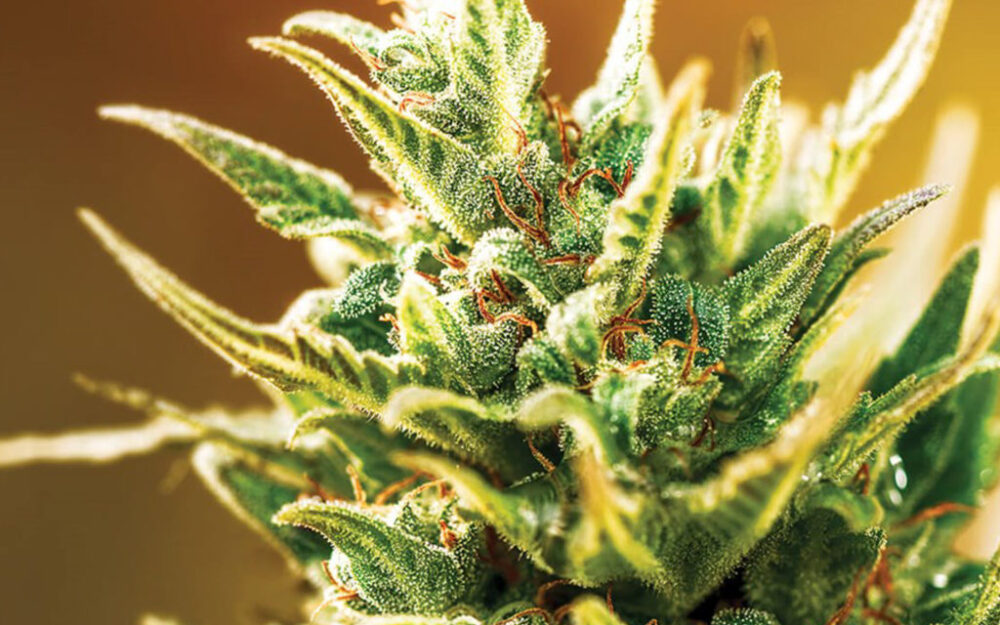
Source: agnetix.com
Essential nutrients required for cannabis growth: nitrogen, phosphorus, potassium, and others. You must ensure that from time to time, there have to be proper nutrients in the soil for the Cannabis; otherwise, it might not be able to grow properly, and after some time, you will start noticing the change because of the lack of nutrients. Choosing the right organic or synthetic fertilizers for a balanced nutrient profile.
4. Know About Various Grow Methods:
Many different techniques can be used to grow Cannabis. Before you begin plant growth, remember to educate yourself on the different growth techniques and select the one that best fits your skill level and budget. In soil, weeds can potentially grow the most frequently.
Growers will do this by adding nutrients to the soil, which the plant will take up through its roots. Store-bought nutrient solutions or all-natural alternatives like compost can supply these nutrients. You can research the methods that would be appropriate for Cannabis to grow.
In contrast, some experienced gardeners might decide to grow their plants in substrates other than soil. If you are taking professional help for growing Cannabis, you must know about the process and how they will achieve the proper growth. Hydroponic techniques grow plants in a medium other than soil, such as coco coir, sand, water, or even misted air.
5. Drainage:
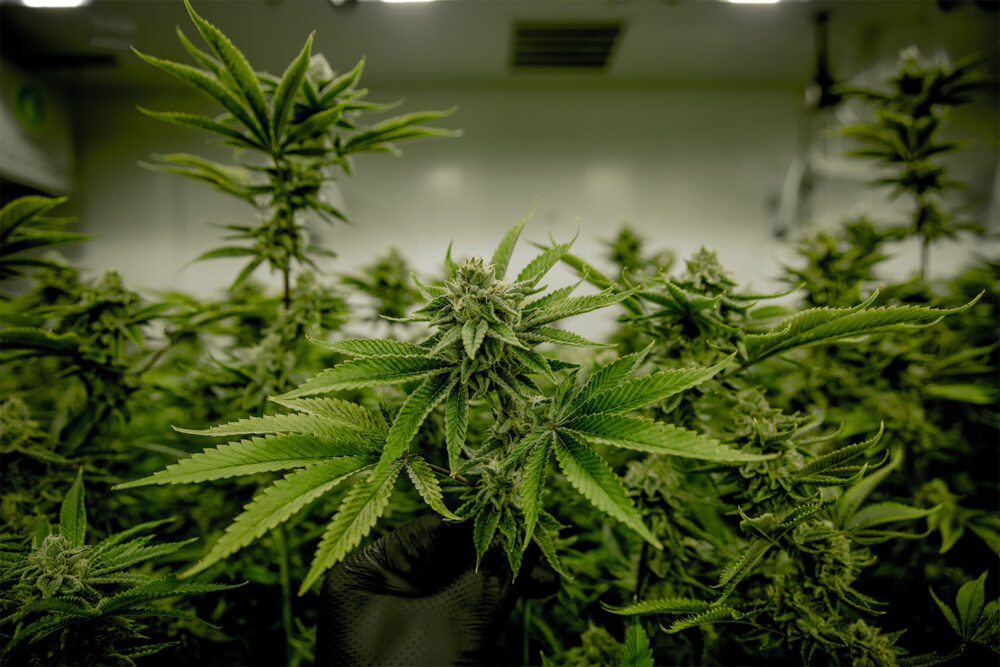
Source: news.mongabay.com
The ideal soil mixture for Cannabis permits efficient drainage. Poor root health and subsequent delayed growth are consequences of waterlogged soil. The water level is an important factor that controls moisture and ensures that the growth process can be done rapidly.
When you water your plants and see surface water collecting in pools, your soil may need to be drained properly. The ideal soil for growing Cannabis drains well while yet retaining some moisture for the roots to absorb. It must have a moderate amount of moisture and maintain an adequate amount of moisture; otherwise, the plant cannot grow fully.
6. Temperature:
Cannabis is a hardy plant that works well in both heat and cold. It requires some moderate climate. You need to be extra cautious about the temperature because if it gets too high, it might destroy the plant completely, and neither should it be too cold.
It may either cease to grow or enter stasis. It will enter survival mode if the temperature is too high or too low for an extended period. If you are planning to grow it indoors or in a controlled setup, you must take the right measures to ensure healthy plant growth.
The generally accepted ideal temperature for ferocious cannabis growth is 27 degrees Celsius. This is simple indoors with fans, air conditioners, and heating and cooling mats. Cannabis does not ask for something extreme; it needs to be moderate. There will undoubtedly be heat produced by lights that need to be vented.
Conclusion
You can consider this article as your guide if you are planning to grow cannabis in your home and want them to grow up into a healthy plant. Keep all these factors in their mind during the process so that with minimal resources, you can be able to grow a healthy plant.


